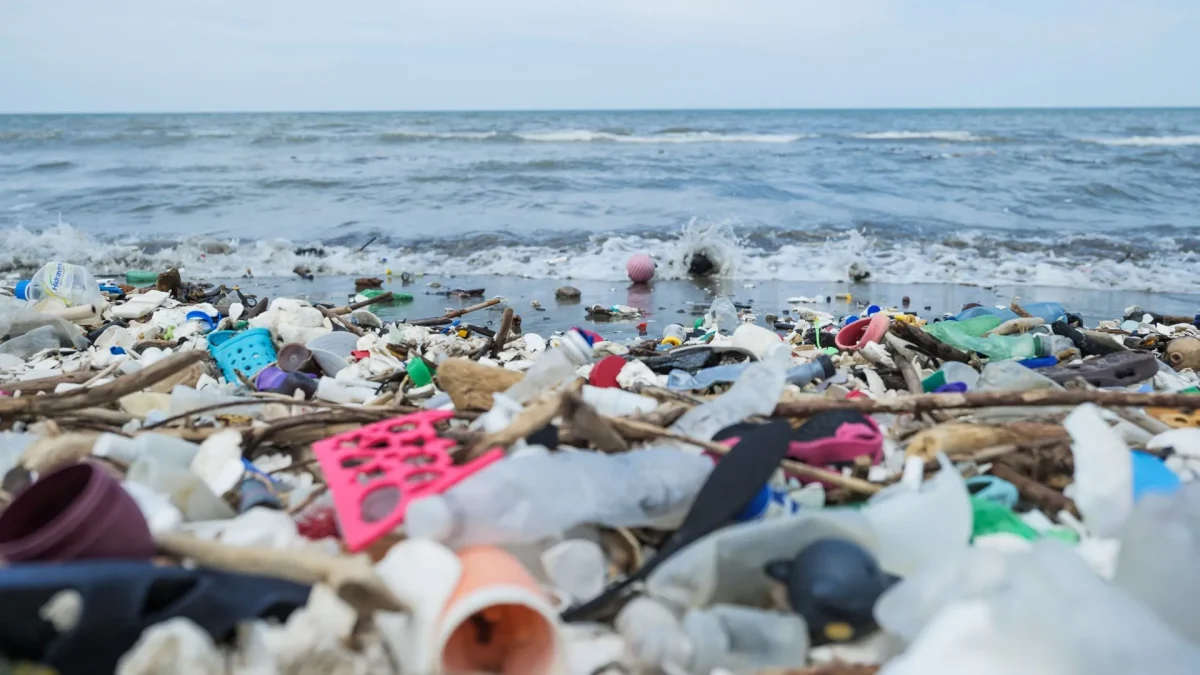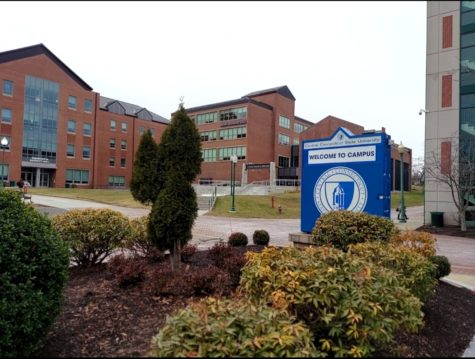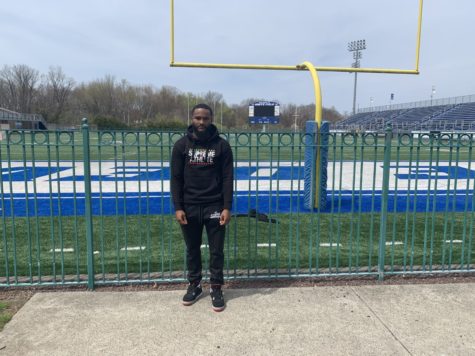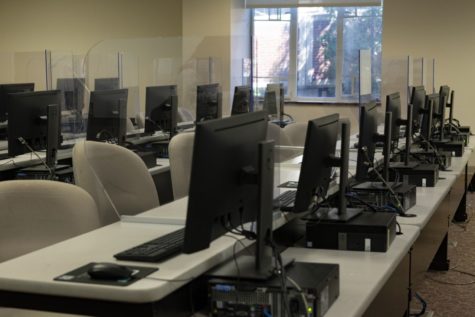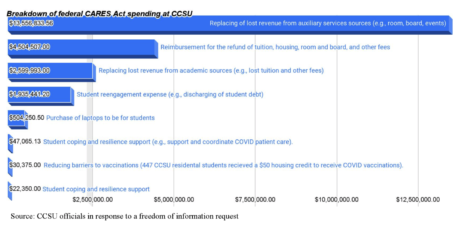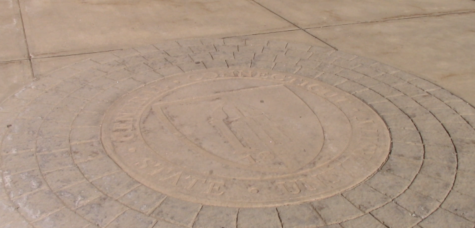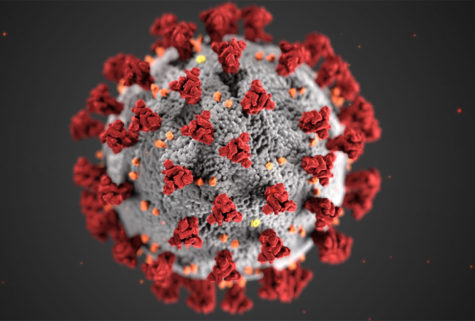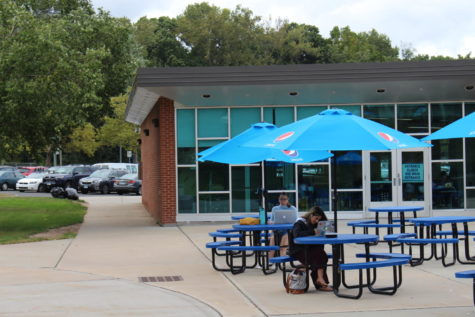COVID-19 Protocols at CCSU to be Reduced on April 4
March 23, 2022
On March 10, Connecticut State Colleges & Universities system president Terrence Chang announced changes coming to college campuses. The 17 colleges in CSCU, including Central Connecticut State University, will see a reduction in COVID-19 protocols beginning April 4, including changes to the system’s mandatory mask policy.
The changes come on the same day that the original COVID-19 reopening plans arranged in June 2020 expire. CSCU campuses will be shifting from pandemic emergency response to routine disease prevention, granted that COVID-19 cases remain at or below current levels.
The new protocols have officially stated that the usage of masks on campuses is now entirely optional for students and faculty, with no employee having the jurisdiction to enforce masks.
In addition to the end of the mask mandate, physical distance restrictions will also be relaxed in nonacademic settings such as dining halls, lounges, and conference rooms. Social distancing regulations are intended to remain in place inside classrooms for at least the remainder of the semester. Students are still expected to self-report any COVID-19 cases and continue following Centers for Disease Control and Prevention guidelines for quarantine and isolation periods.
“Thank you again for all of your hard work over the past two years,” Cheng said in an email to all actively enrolled students. “I am very excited that we’ve reached this point and can move forward, having learned many lessons along the way about how to support our institutions, our employees, and most importantly, our students through a public health crisis.”
This news comes nearly two years after CCSU’s campus shut down in the wake of the first recorded COVID-19 case amongst students. Seeing an end in sight to this life-changing pandemic, many students and professors were thrilled to learn about the decision.
Tiana Boccuzzi, a CCSU student and president of Dancentral, said it is a step towards the normality we have all yearned for since the early stages of our COVID-19 grieving.
“Initially, I was very surprised when I heard CCSU was ending the mask mandate,” Boccuzzi said. “But it gives me hope that we are returning to pre-pandemic life.”
While Boccuzzi is excited about the potential possibility of moving past this pandemic sooner rather than later, she is aware that there may be significant implications moving forward and is keeping safety in mind.
“We have been living by COVID protocols for so long that this transition also brings a lot of anxiety,” Boccuzzi said. “Though I think things are getting better, it is hard to say whether or not this decision was made too soon.”
Dr. Julie Kim, a professor of communication at CCSU, echoed similar sentiments. She said that she is hesitant to witness the results of a maskless campus.
“The mask-free policy protects only the right for people who want to remove masks,” Kim said. “The policy does not protect the right for people who want to wear masks and concern their health and safety, so I don’t think it is fair for all people.”
It is worth monitoring the COVID-19 situation around mid-to-late April, as cases may increase rapidly if it turns out that the CSCU ruling came prematurely.
“I think two weeks after spring break is a turning point,” Kim said. “If the COVID-19 rate rises during those two weeks, the mask-free policy could be a serious problem.”
While there is no telling whether the return following spring break will see a rise in cases, CCSU sophomore Mike Irace said it’s time to move forward in our battle against the pandemic.
“The only way to move on is by taking the step to normality,” Irace said. “I don’t anticipate any further COVID-19 outbreaks, and if so, it will be so diluted that the effects won’t be nearly as bad.”
As of March 16, Connecticut is considered a low-risk state for COVID-19 infection rates, so CSCUs may be maskless for the foreseeable future. According to Connecticut’s Official State Website, New Britain saw less than 5 cases per 100,000 people in the last two weeks, placing the city in a good percentile in terms of COVID-19 prevention compared to some towns.


